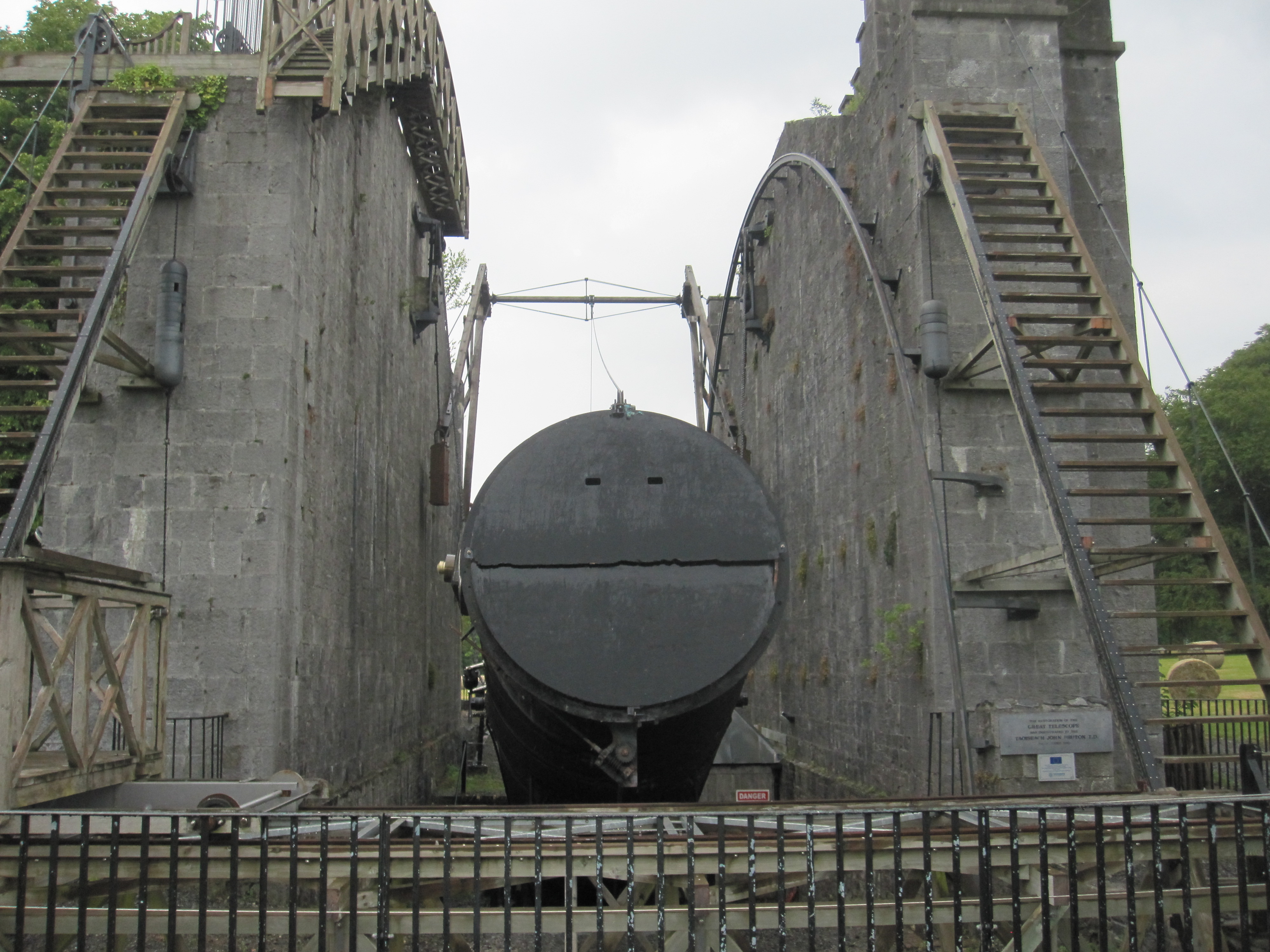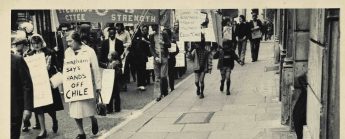This is the first in a new occasional series of interviews with some of the folks who have recently defended their PhDs here at the Centre for Modern British Studies at the University of Birmingham. In the current absence of in-person celebrations, we celebrate them and their work here.
Name: Howard Carlton
Title of PhD thesis: Cosmology, Chronology and Crises: trauma and the evolution of the universe in the nineteenth century.
Supervisors: Dr David Gange and Dr Sadiah Qureshi

Tell us a bit about how you came to do a PhD.
My first degree was in Biology in the early 1970s. I began a full-time PhD at Oxford but was constrained by financial and logistical difficulties. The ambition remained, however, throughout my working career in IT and when I retired at a relatively early age I took up the academic baton once more. I switched to history as it had always been an interest, encouraged by my father’s choice of reading, and had regretted having to give up the subject at school despite having had a really enthusiastic and inspirational teacher. As a prerequisite I completed an MA in the History of Christianity at UoB with David (Gange) and then began the lengthy process of researching and delivering a PhD thesis on a part-time basis.
What’s your thesis about?
My thesis argues that the significant impacts of existential trauma, life threatening illness and psychoactive substances on the apparently rational intellectual processes associated with the development of scientific thought have not to date been fully recognised. Whilst the historiography of the development of ideas about the origins and ongoing oversight of the cosmos has for some time acknowledged the influences of social, cultural and material factors it is now necessary to build on the recent turn to the history of emotions to establish an understanding of the influences of psychology and physiology on the selection of selves to be performed by the subject.
The thesis details the evidence available from the lives of a number of nineteenth-century astronomers which informs our understanding of the complex inter-relationships between psyche and soma that drove parallel changes of perspective in theology, metaphysics, and ideology as well as cosmology. Application of this frequently overlooked mode of interpretation will allow historians to achieve a greater understanding of the underlying phenomena which actuated intellectual developments in the past and which are still relevant to today’s knowledge-making processes.
Tell us about researching the thesis.
Many nineteenth-century publications and relevant secondary sources are now available online, so much of my research time was spent working with a laptop, trying to remember to make a note of any reference which I might later make use of. There were a few archive trips which provided a stimulating leavening of the digital spadework. I particularly enjoyed a trip to Birr Castle in the midlands of Ireland where the papers of Lord Rosse, a noted telescope builder, and his various astronomical correspondents are held. Other trips to the Royal Society in London and Leeds University yielded interesting insights into the mentalities of Sir John Herschel and Edward Clodd respectively.

- Lord Rosse’s telescope, then

- Lord Rosse’s telescope, now
What was your biggest surprise in the process of doing the PhD?
I suppose the thing that surprised me most was that I was able to start the journey without knowing where it would end. There was no clear eureka moment. As I became more familiar with my subjects and also did the ‘reading around’ recommended by my two excellent supervisors, a new hypothesis gradually emerged and in the fullness of time became my main argument.
A work of history that you admire?
A book which I admire (and can only aspire to emulate from some considerable distance) is Boyd Hilton’s Age of Atonement. He forensically dissected the many flavours of theological thinking which influenced the political and economic policies of the period in which much of my thesis is set.
Any thoughts on History and the pandemic?
The current situation with Covid-19 and our response to it reminds me that similar problems have, of course, occurred in the past. There is at the moment a justifiable perception that the disease strikes randomly and death, normally a distant prospect for many people, is hovering more closely. Our predecessors often fell back on theological tropes as explanations for who could or would be infected and as consolation for the dying and bereaved. This palliative is no longer available to many and we are still struggling to find viable alternatives – hence the initially high, now wavering, trust that the similarly faith-based and equally schismatic new religion of science will save the day.
If you could offer one piece of advice to new postgraduate researchers, what would it be?
In retrospect, I think that one key learning which takes a while to dawn on a PhD candidate (and that no-one is likely to tell you) is that you will, in due course, become the expert in the necessarily narrow field in which you have become immersed. You will eventually find that you have to take the initiative and move beyond your supervisors’ subject knowledge whilst at the same time remaining sensitively attuned to their sage advice on relevant historiography and broader questions of style and structure.
What are your hopes for the future?
I have submitted several proposals for a monograph based on my thesis to publishers (one at a time, not all at once) and am awaiting a further response from the current recipient. Initial reaction seems favourable but only time will tell …
